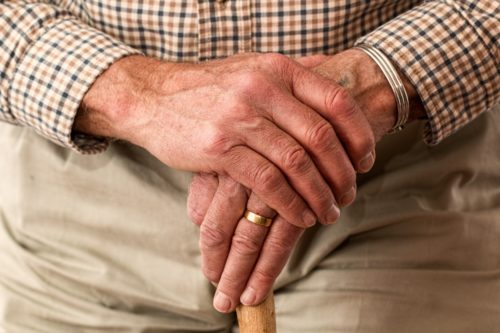
Until rather recently, the test used in New Jersey court cases where grandparents asked for visitation rights was “best interest of the child.” In 2000, the Supreme Court of the United States decided Troxel v. Granville, 530 U.S. 57 that a new standard was needed to better protect parents’ constitutional rights to decide how to raise their children. Keep reading to learn more about what a concerned grandparent or other third party with a right to request it would now need to do to obtain visitation rights. If you are also concerned and would like personalized advice, please reach out to a Sussex County child visitation attorney and we will do everything we can to help you and your family.
How to Start Your Case for Grandparent Visitation Rights
It’s important to note that the United States considers it a constitutional right for parents to decide what’s best for their children, including with whom their children spend time. Although grandparents can seek visitation rights if the parents don’t want to let them interact with their grandchildren, in following the Supreme Court with the Troxel case, New Jersey gives parental rights precedence over the grandparents’ rights.
After Troxel, New Jersey codified the standard courts should apply in N.J.S.A. 9:2-7.1. To begin the process of requesting visitation rights, a third party like a grandparent who a court will accept as having the right to request such rights would first file an application with the New Jersey Superior Court. Simply applying is no guarantee the court will agree, but doing so is an important first step.
How to Prove Your Grandparent Visitation Rights Are Necessary
For a grandparent to have a clear case, they would need to make a twofold showing. First, as mentioned above, the grandparents would need to prove that a serious, specific, and identifiable harm (likely physical or psychological) would come to the grandchildren absent the granting of visitation rights. Merely pointing to a general or vague kind of harm would not be sufficient.
Second, and only once the necessity of visitation rights to prevent harm has been proven, the court will do a “best interest analysis.” At this point, the grandparent needs to show by a preponderance of the evidence, which means it is more likely than not, that the grandparent having visitation rights is in the best interest of the grandchild. If the grandparent has proof they were ever the full-time caretaker of the child would be sufficient, unless the opposing party rebuts this.
The court will weigh many factors as it does the best interest analysis. Some of those factors include the relationship between the child and the grandparent, how much time has passed since the child last had contact with the grandparent, and whether there is another history of physical, emotional, or sexual abuse of the child by the grandparent.
